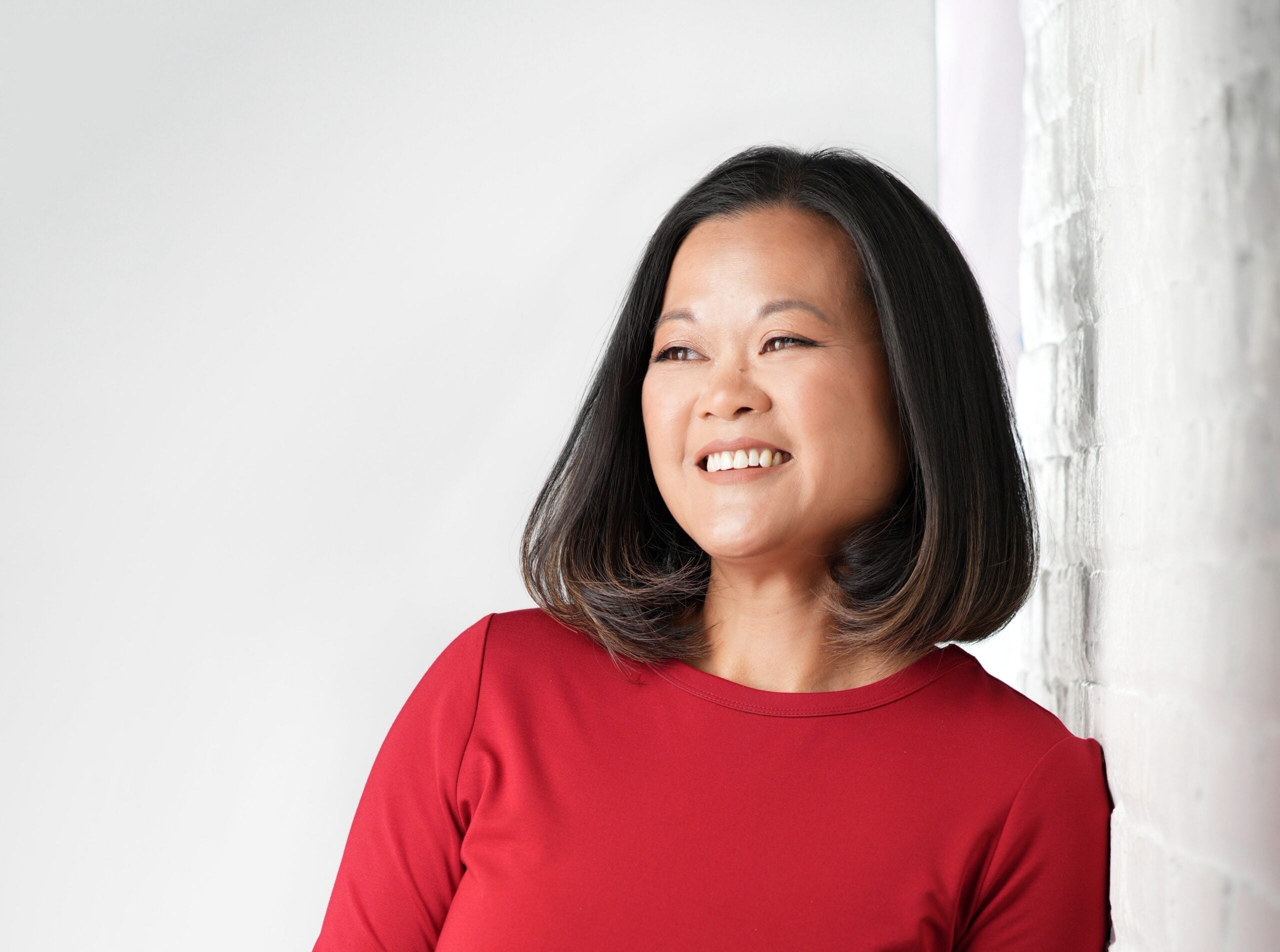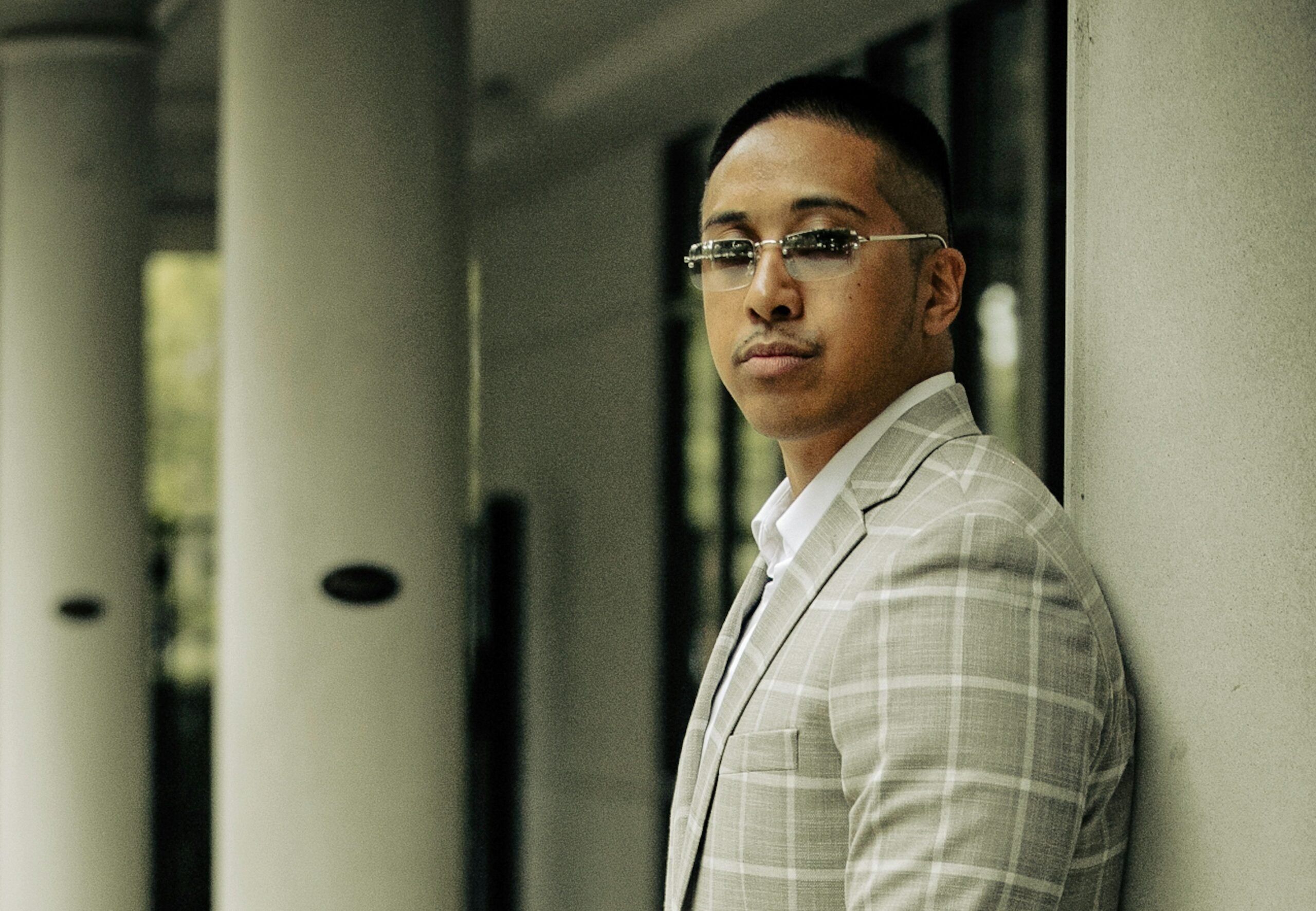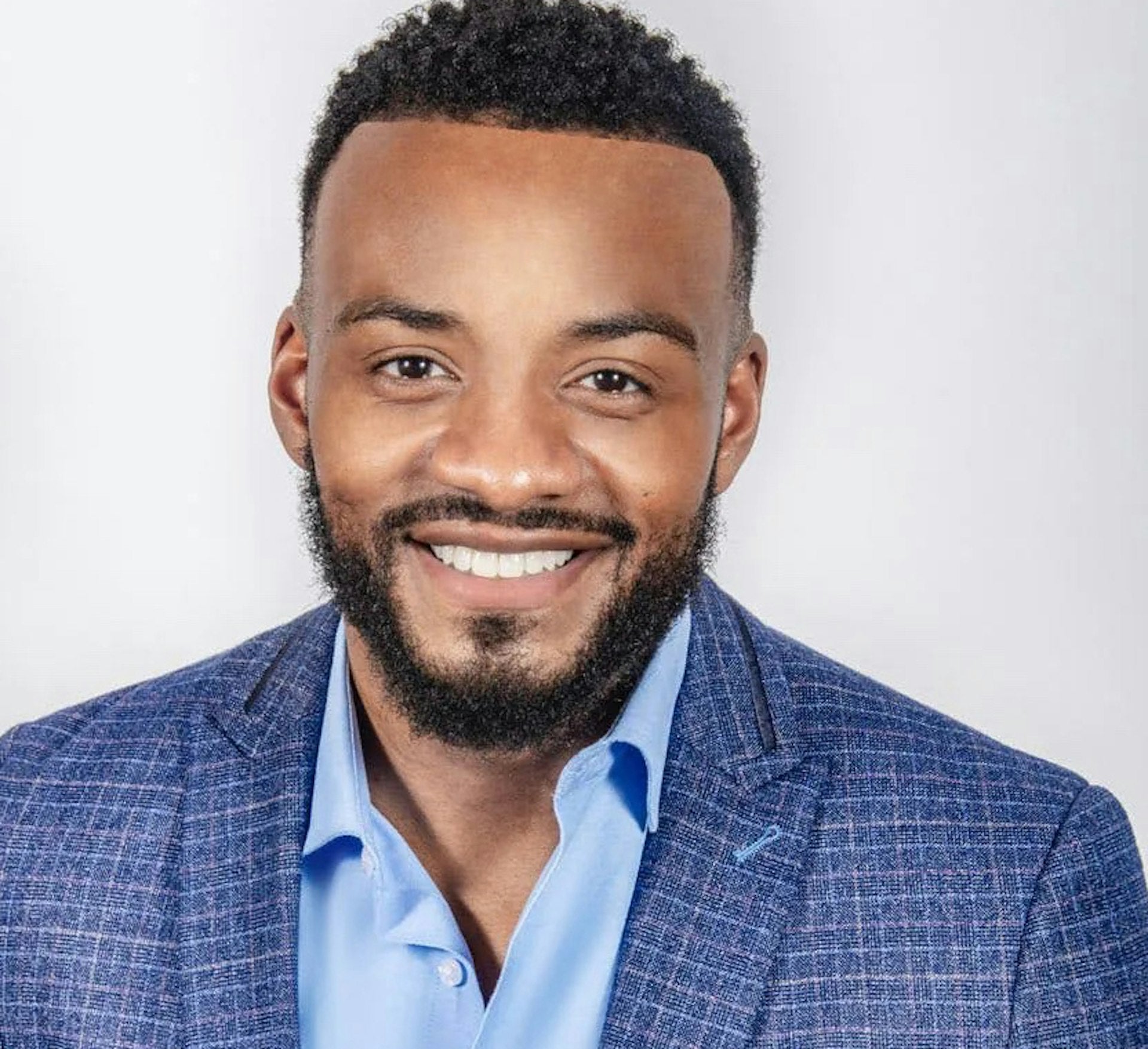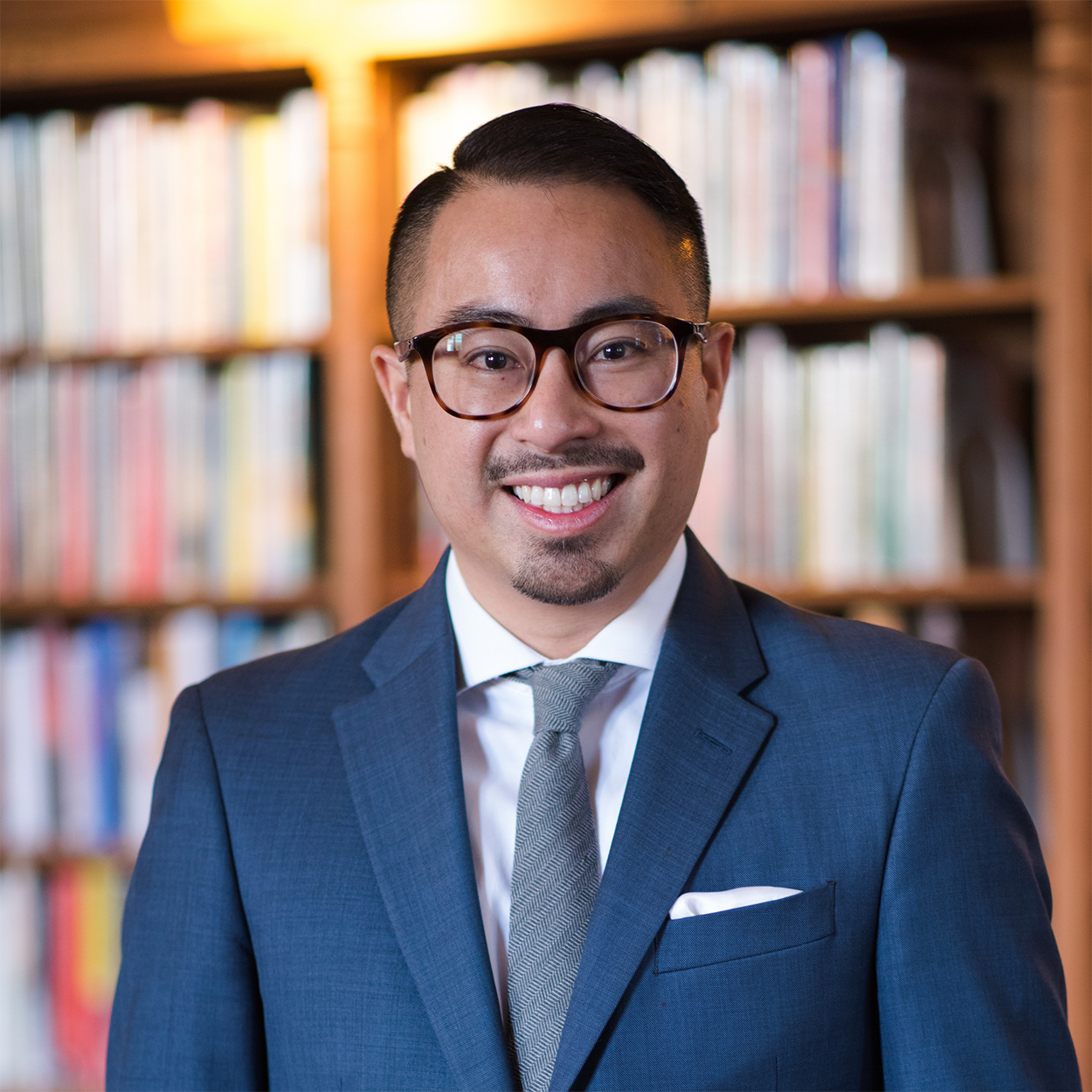M.A. in Education
We believe that transformative education begins with rigorous preparation and a commitment to equity. Our program is founded on the principle that every educator deserves access to high-quality, shared experiences that welcome them into a vibrant intellectual community. Through this foundation, we prepare scholar-practitioners who are equipped to conduct meaningful research and drive systemic change toward more equitable education systems.
Central to our mission is the intentional design of learning experiences that honor the complexity of educational challenges. We value multiple perspectives and recognize that the most pressing questions in education require diverse lenses to fully understand and address. By integrating historical, social, developmental, and ecological frameworks into our curriculum, we prepare educators who see themselves not only as practitioners but as researchers and advocates, capable of contributing to the broader field while creating more just and inclusive learning environments for all students.
Core Domains of Educational Inquiry
Purpose
Exploring what education is for and should be and what should be the purpose of educational systems and processes of teaching and learning.
Participation
Understand who shapes learning and how. Learn how people and communities participate in systems and processes of learning.
Knowledge
Investigate what we know and how we know it through assessment, evaluation, and methodology to determine if the purpose of educational systems is being served.
Place
Understanding how place, land, and water are integral to thriving systems by exploring how socioecological histories and futures of places shape teaching and learning.
Context
Understanding how interrelated environments, conditions, policies, and systems (macro, meso, micro) influence educational experiences.
Change
Determining how we foster change, development, and growth in educational contexts by developing methods for implementation.
Academic Information
The M.A. in Education is a one-year graduate-level program designed for educators, scholars, and practitioners who seek to deepen their understanding of teaching, learning, leadership, and educational systems. This program equips students with advanced knowledge, research skills, and practical strategies to drive innovation and improvement across various educational settings.
Students interested in preparing for a career in education and potentially pursuing a Ph.D. program are encouraged to apply.
This program aims to:
- Develop reflective and ethical educators and leaders.
- Strengthen pedagogical and curricular expertise.
- Promote inclusive and equitable learning environments.
- Integrate research-based practices to improve student outcomes.
- Prepare graduates for roles in teaching, administration, policy, and educational consulting.
Students must complete nine (36 units) graduate (200-series) or upper division (100-series) courses for the degree; no specific upper division courses are necessary.
Six courses (24 units) must be taken in the Education 200 and/or 500 series; no more than two 500-series courses (eight units) may be applied toward the divisional course minimum and toward the graduate course minimum.
For specific questions about electives or course sequencing in each division or emphasis field, students should contact the Office of Student Services and their faculty adviser.
- Year 1 Fall Quarter: Capstone Project Series (298A) + Conceptual Framework in Education + Elective*
- Year 1 Winter Quarter: Capstone Project Series (298B) + Methods (230A or 222A) + Elective*
- Year 1 Spring Quarter: Capstone Project Series (298C) + Methods (230B or 222B) + Elective*
A capstone project can take many forms (e.g., systematic literature review, policy brief, and empirical paper)
*electives to coincide with areas of academic and research interests
Admissions Information
- Apply by December 1, 2025
- Receive admissions decision.
- Accept/decline admission.
- Provide necessary documentation to confirm admission.
View our step-by-step application guide.
Fall 2026 Education M.A./Ph.D. Online Information Sessions (All times Pacific)
Click on date/time to join Zoom session.
Contact Us
Office of Student Services
info@seis.ucla.edu
(310) 825-8326
OSS Hours of Operation
Monday—Friday 8 am – 4 pm
Closed Noon to 1 pm
Office: Moore Hall 1009 (Graduate Programs)







